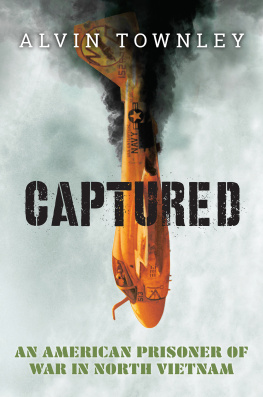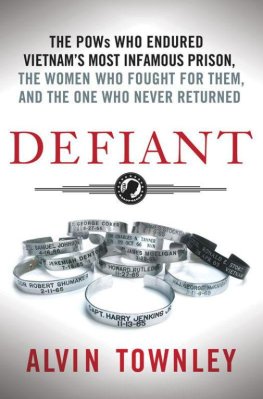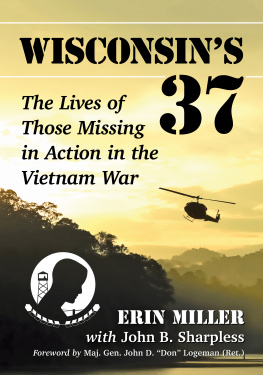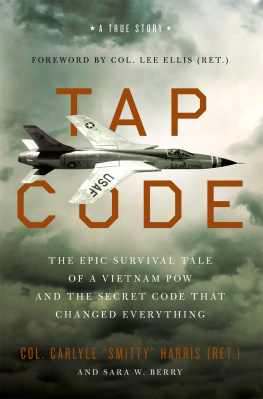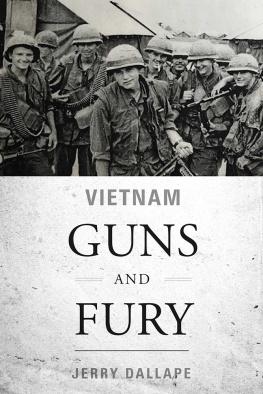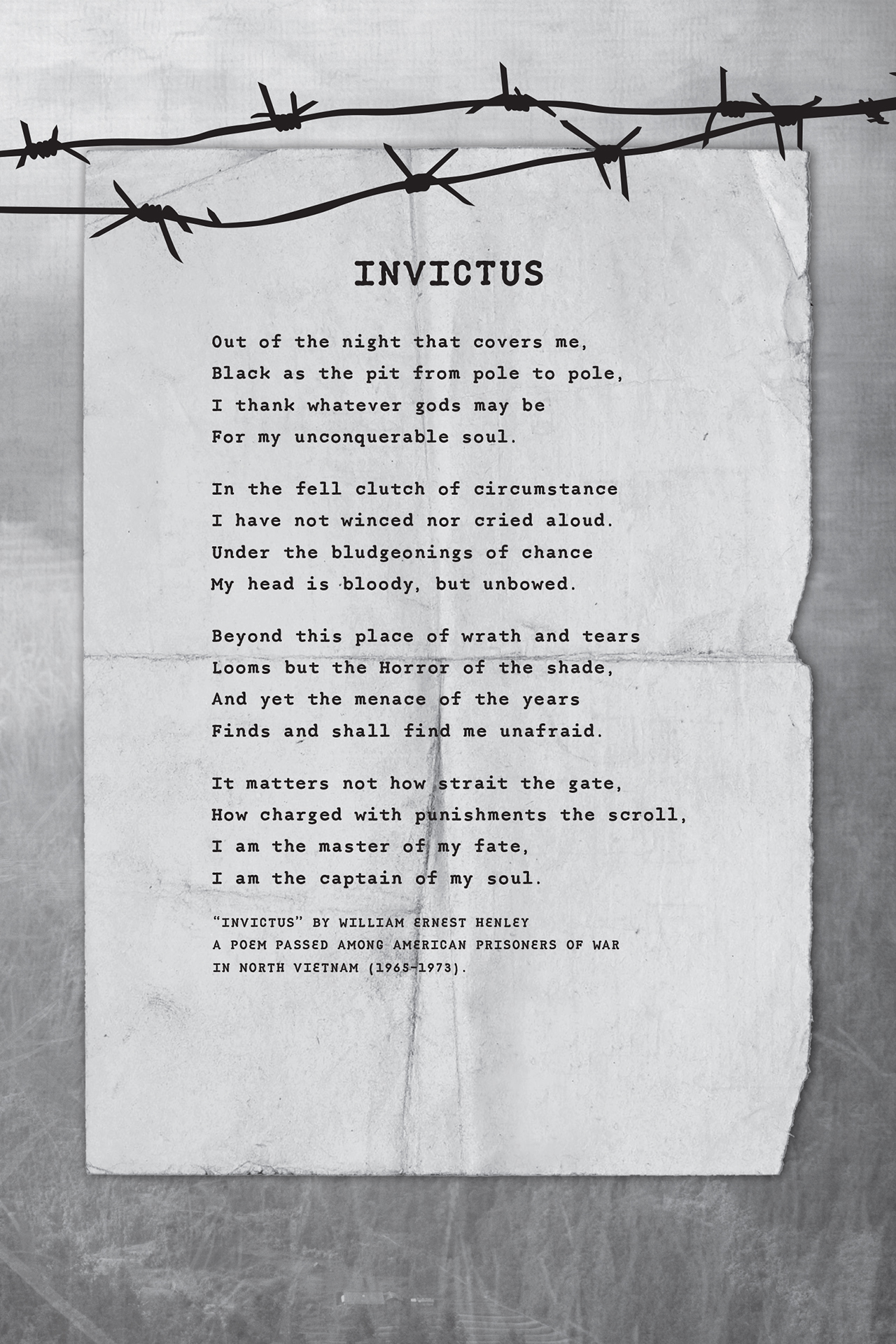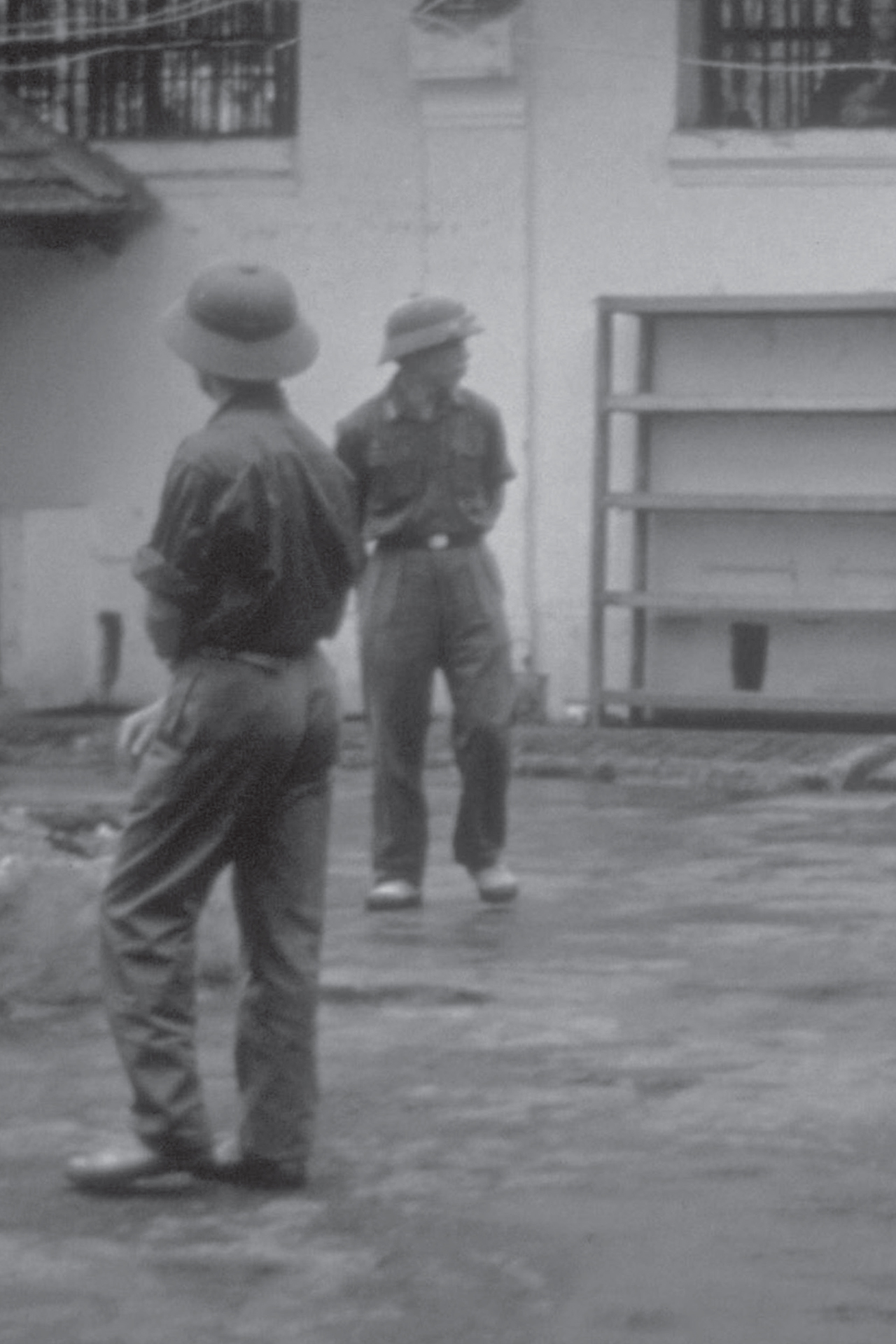
O N BRIGHT MORNINGS, Jerry watched the sunlight trace a path across his floor. Its transit always proved brief, lasting just the fleeting moments rays could angle through the iron bars of his cells lone window. When the patch of light disappeared, he turned to the cockroaches, ants, and occasional rats that scurried across his floor; their movements brought his static world rare variety. He silently observed mosquitoes alight on the sill, on the walls, and on his arms. Sometimes, he found energy to swat them away. Other times, hed passively watch them suck their fill. If he squashed their bloated bodies, his own blood would splatter across his arm, leg, or whatever body part the mosquito had chosen for its meal. Blood would mingle with perspiration. Hed wipe up the mess with a dirty sleeve.
The temperature rose as the sun crossed the sky and stoked the Southeast Asian humidity. The hot air inside the walls hardly ever stirred; it was so thick he sometimes had trouble inhaling. He sipped his ration of water frugally, knowing the cup had to last most of the day. The ration never could replace what he sweated out, but he somehow managed. He moved as little as possible. He spent most days lying on a mat atop a raised concrete sleeping platform. The leg stocks at the platforms end reminded him of the punishment that typically accompanied upholding his sacred Code and refusing to submit to his captors will. His ankles had spent time in the stocks before. When a mans honor is all he has left, he does not surrender it easily.
Jerry could only control what he said or wrote. The prisons cadre of guards and officers, the Camp Authority, governed everything else. His existence did not seem his own. Only the Camp Authority determined who and what passed through the padlocked door into his little room. They brought the greasy soup he had to eat. They brought him scraps of toilet paper; they dictated when he could bathe or empty his stinking latrine bucket. Worst, they opened the peephole at will, spying on him as if he were a lion in a zooan old grizzled lion, at that, he thought. And he knew their methods could best his willpower. If they wanted him to talk, to confess, they eventually succeeded. But never without a fight from their prisoner.
He owned nothing. The scant personal items in the roomthe porcelain cup, ragged clothes, bamboo sleeping mat, and washclothwere all issued. Guards called the scraps he collected in his cell, in the courtyard, and in the latrine contraband. A scavenged nail might become a prized possession until hed lose it during an inevitable cell inspection. Yet, for those moments, harboring something forbidden gave him a soaring sense of victory. Most moments just brought silence, melancholy, and an unchanging view of four drab concrete walls, a filthy concrete floor, and a plaster ceiling lit day and night by a dim bulb.
The sounds drifting over the big wall outside and through his window reminded him that life went on for everyone else. The soft chatter of merchants, the grunt of trucks shifting gears, the crunch of tires on dusty pavement all signaled the progression of life beyond his tiny, sequestered world. Life for Jerry drifted more toward simple existence than anything resembling the previous life he remembered. Although after interminable months locked away, he found himself doubting those memories. Was the life he recalled really his? What was real? What was just concocted by his desperate imagination?
The world hed formerly known had, from his perspective, stopped spinning on July 18, 1965; he knew that much. Now, nearly one year later, he had little knowledge of that world. He couldnt trust the news passed along by the Camp Authority or the propaganda broadcasts piped into his cell. Yet he puzzled over what he did hear about the war and politics at home in the United States. He wondered if his family, friends, and shipmates even knew he was still alive. Hed begun to doubt hed ever see them again.
A full year had passed since he last hugged his wife and seven children. He could still picture them in the front yard, framed by May flowershe was sure it was May, May 1965as he left for a deployment to the South China Sea. Hed promised hed be home for Christmas. He sailed eastward aboard the aircraft carrier USS Independence , transiting the Atlantic, Mediterranean, and Indian oceans to arrive off the coast of North Vietnam. Just one day before assuming command of his squadron, hed lost his aircraft, been forced to eject, and wound up imprisoned in Hanoi, the enemys capital. He spent Christmas alone, trying to picture his family opening presents without him. He hoped his youngest children would remember their father; he hoped his wife would wait for him.
To his family, he was becoming a memory. To the American military, he had become a prisoner of war. To the North Vietnamese, he was a war criminal. They constantly reminded him his trial was near; he would pay for crimes committed against innocents during an undeclared war. To himself, he remained an American naval officer, true to his Code. But hed begun to wonder: Could his enemy strip that away too?
When evening came, he listened to the flop of sandals as guards left the grim corridors of cellblocks and went home, went to dinner, went somewhere of their choosing to live their lives. Perhaps theyd see their families, drink with friends, or simply read a book. Their leaving offered Jerry another reminder of these things denied him.
Rat-tat-a-tat-tat.
He heard the faint sound of knocking. His spirits lifted. He knew another American was nearby. With guards gone, they could communicate.
Rat-tat-a-tat-tat . It came again. It was the old five-beat shave-and-a-haircut jingle.
Jerry swung his wasted body to the floor and knelt near the wall. He placed one end of his drinking cup to his ear and the open end to the wall. He rapped his knuckles twice. Tat-tattwo bitshe tapped in reply. Two American prisoners of war had, in code, just reassured each other they were not alone, at least not tonight.
He learned Air Force ace Robbie Risner now occupied the adjacent cell. Thank God Risner knew him as Jerry, not Jeremiah as his captors called him. That small comforting knowledge restored a measure of humanity to his life; he was with a friend.
Jerry brought a dilemma to Risner. The commandant of the prison, a man the Americans called Cat, had told Jerry that the next day, May 2, 1966, he would speak to a reporter. Cat demanded Jerry comply. He demanded Jerry parrot the North Vietnamese perspective. More torture would accompany any refusal, deviation, or especially any misbehavior on air. Jerry had been through the ropesquite literallyenough to know the sincerity of the threat.
Via coded taps, he explained the situation to Risner. What should he do? Should he go? Should he cooperate? Should he continue to resist?
When Jerry joined the US Navy, hed sworn an oath never to make disloyal statements, never to visit dishonor upon his fellow servicemen, never to say more than the minimum to any foreign captors. Yet he feared more torture would kill him. How could he abide by the Code and survive? How could he turn this circumstance to his advantage? He and Risner tapped back and forth. After a period of deep thought, Jerry tapped, Ill go, and blow it wide open.

